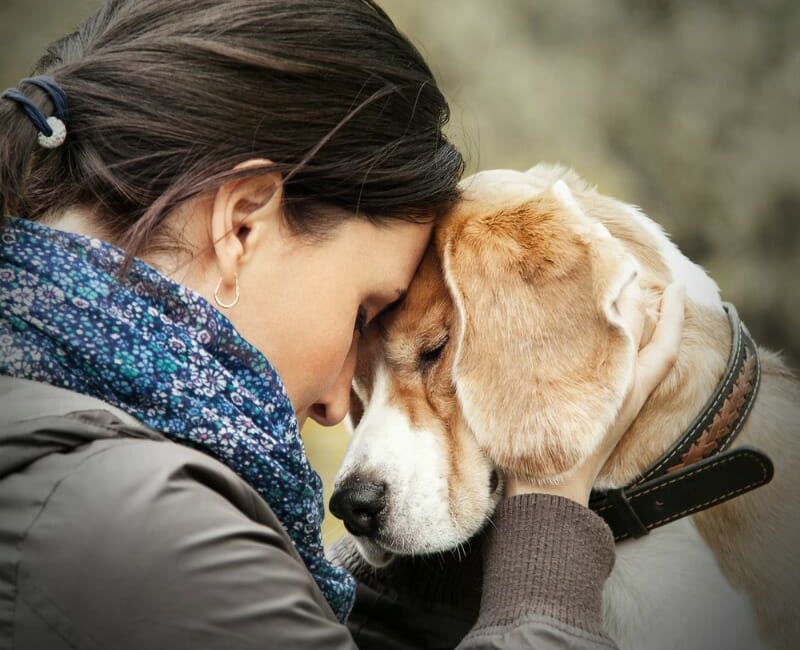The month of November is Senior Pet Month and Adopt a Senior Pet Month!
Many people overlook senior dogs and cats in shelters, but providing them with a life of love and fulfillment in their last few years can provide us humans with great joy!
Even if we have pets of our own, eventually, they will all become seniors, and they will need more care and attention than ever before!
Cats, as we know, live a lot longer than most dogs; however, each animal is different in their own way. Cats are considered seniors after ten years of age, whereas a dog can become a senior after seven years of age depending on size and breed of dog.
Here are a few tips about senior animals and how to care for them.
- The Vet: Regular check up’s from your veterinarian is crucial to an ageing animal. Some health problems can go undetected for long periods of time until the animal becomes quite sick, such as kidney disease or heart disease. Small signs might have shown, but in the early stages, get missed. It is always a good idea to have wellness bloodwork checked each year and to monitor your animals day to day activity for any changes. Your veterinarian may prescribe joint supplements or pain management for the sore joints and arthritis that comes with any ageing animal.
- Diet: Although we all love to spoil our animals, more food is not the way to go! Increased calories can lead to weight gain, which resorts to many different health complications. Feeding a balanced diet can help keep weight managed. A senior formula food provides the proper nutrition for an ageing animal. Some may even include glucosamine for joint health. Your veterinarian may recommend a specially formulated food for a specific disease that your pet may have (such as kidney, heart, liver, weight loss, etc.). Senior animals are not as active as young animals, so we need to be careful about how many calories/ fat content they are consuming.
- Exercise: Although many animals slow down as they age, it is important to get them still out and be active. Cats are a bit more difficult, but even just a short play with their favourite toy can keep them spry! Taking dogs for short walks every day can keep their joints active and helps their mental stimulation as well. It will continue the bond between your pet and yourself, and keep them wanting more! As animals joints degrade, you may start to notice they need help getting on/off furniture, up/down stairs or help over slippery surfaces. Small non-slip rugs/mats throughout the house can really help their mobility.
Although senior pets may need more attention and care, they rely on their humans to provide them with all the love and care they need. These animals will give their love in return and be grateful for the time they have had with their humans.
Written by: Kendra Stoddart, RVT




